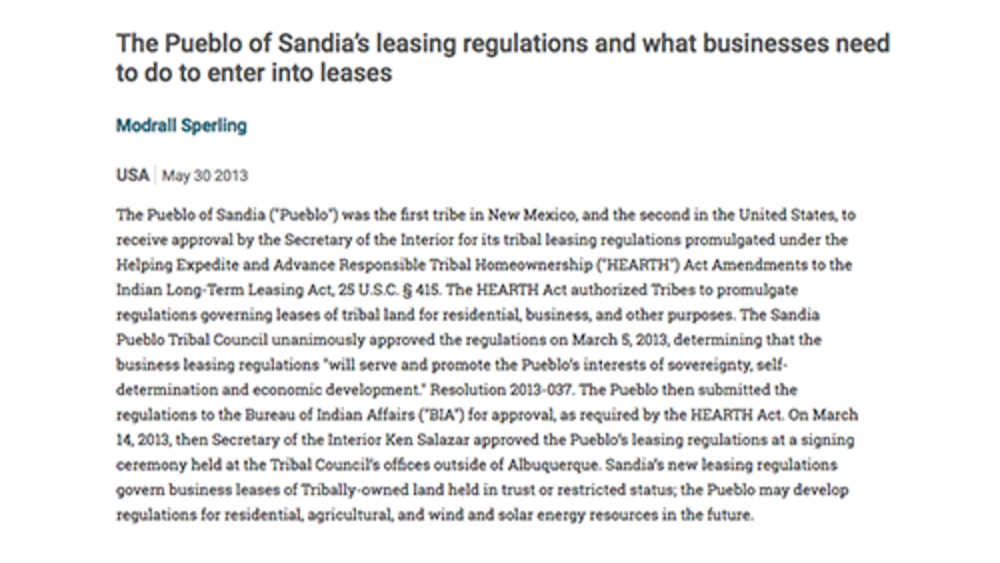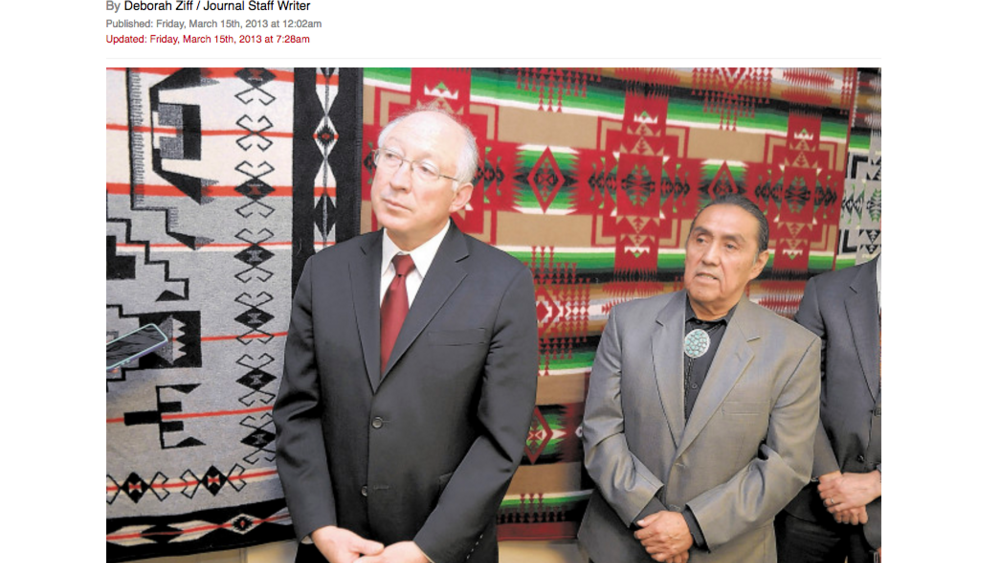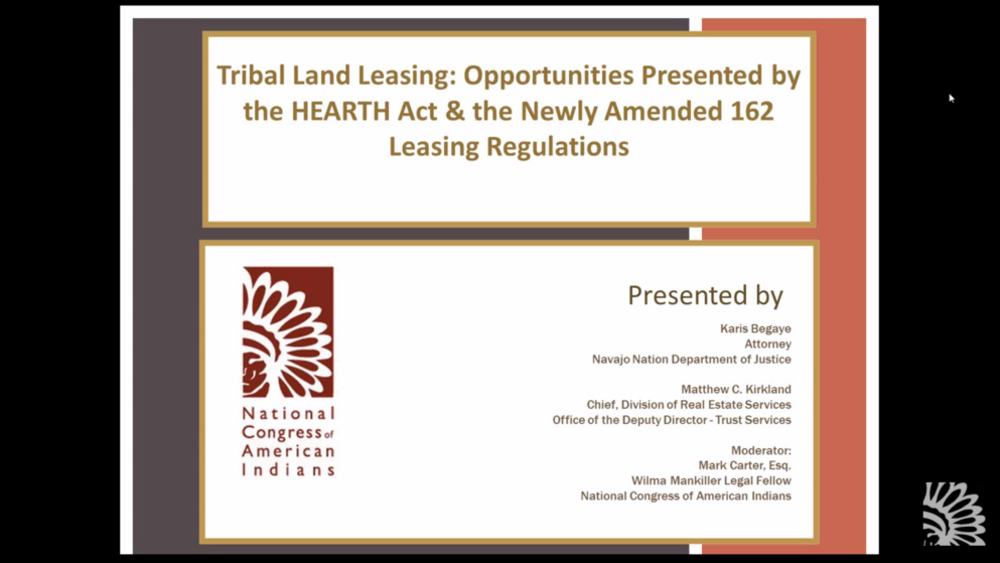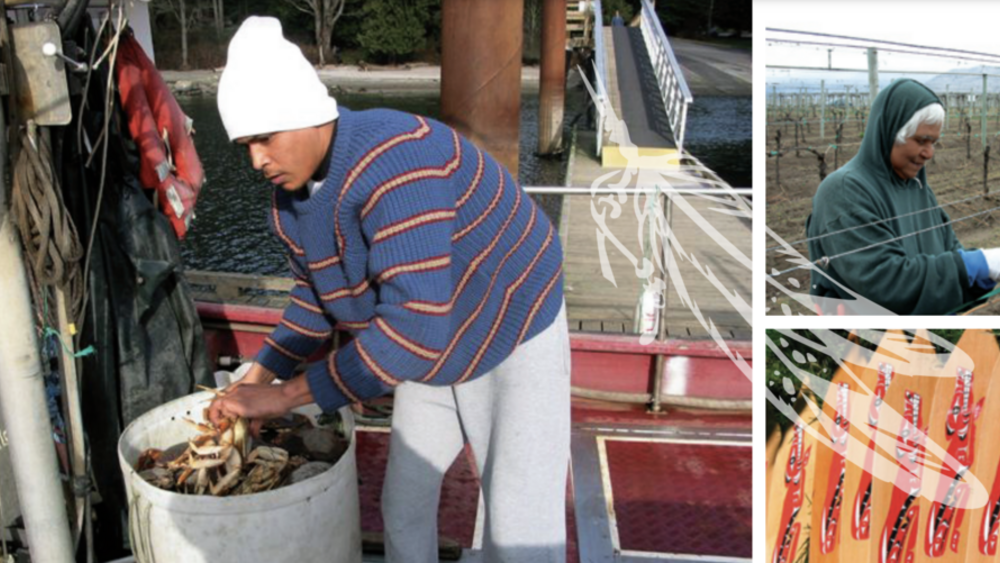Indigenous Governance Database
land leasing

Collectively Managing Allotment Lands Is Better
Indian allotment holders are not making enough money from their allotments. One way for tribal allotment holders to gain more economic income from their allotments is to organize a corporation under tribal law and collectively manage allotted lands in order to gain more income for allotment holders…

The Pueblo of Sandia's leasing regulations and what businesses need to do to enter into leases
The Pueblo of Sandia ("Pueblo") was the first tribe in New Mexico, and the second in the United States, to receive approval by the Secretary of the Interior for its tribal leasing regulations promulgated under the Helping Expedite and Advance Responsible Tribal Homeownership ("HEARTH") Act…

A 'historic day' at pueblo
Secretary of Interior Ken Salazar called it a “historic day” as he signed regulations at Sandia Pueblo on Thursday morning that will allow the tribe to lease land without federal approval. The pueblo is only the second tribe in the country to take advantage of a law, called the HEARTH Act (Helping…

Tribal Land Leasing: Opportunities Presented by the HEARTH Act and Amended 162 Leasing Regulations
This NCAI webinar discussed amendments to the Department of the Interior's 162 leasing regulations as well as practical issues for tribes to consider when seeking to take advantage of the HEARTH Act (Helping Expedite and Advance Responsible Tribal Home Ownership Act of 2012)...

Journey to Economic Independence: B.C. First Nations' Perspectives
There are two approaches to economic development being pursued by the participant First Nations. One is creation of an economy through support for local entrepreneurs and the development of their individual enterprises (i.e. Westbank First Nation). The other is creation of an economy through…
